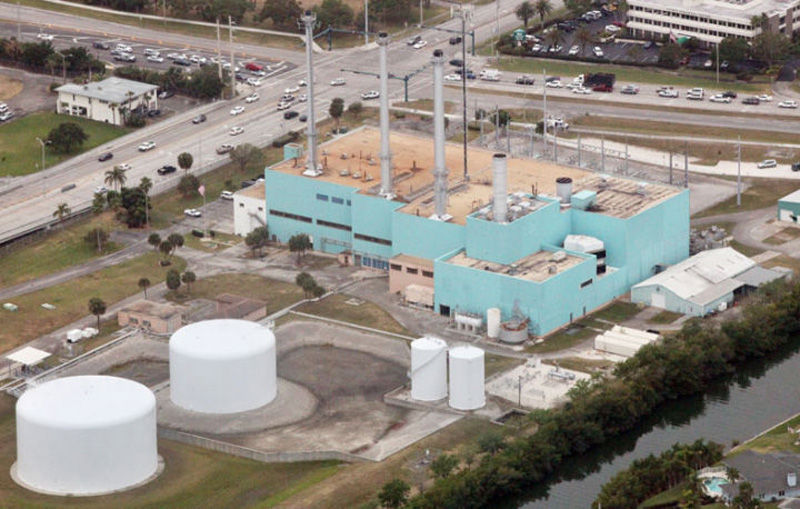INDIAN RIVER COUNTY — Now that Vero Beach, the Town of Indian River Shores and Indian River County have executed an Interim Mediation Agreement shelving until March 2 the Shores’ lawsuit accusing Vero of mismanaging its electric utility, the County and the Shores have less than seven weeks to enter into talks with another power provider, presumably Florida Power and Light.
Last week the Board of County Commissioners directed its legal staff to begin drafting a Request for Proposal for an electric company to begin serving approximately 20,000 residential and commercial customers in the unincorporated county who are now on the Vero electric system.
Town Manager Robbie Stabe said the Shores’ lead utility attorney, Bruce May, has been charged with conducting parallel efforts on behalf of the Town’s 2,000 or so ratepayers who are now on Vero electric for a potential switch after the Shores franchise agreement expires in November 2016.
Stabe said Vice Mayor Jerry Weick signed the Interim Mediation Agreement on behalf of the Town in Mayor Brian Barefoot’s absence last week.
He said May has been provided copies of everything he needs from the Town to begin negotiating a framework for the 80 percent of Shores residents now served by Vero to switch electric providers.
Vero has signed a waiver that it would not sue the Shores or the County for entering into talks with FPL or other providers during the next weeks leading up to the March 2 culmination of the current stay on the Shores’ lawsuit.
The Shores Town Council meets on Jan. 22, but Stabe said he’s not certain whether May will be in attendance or whether he’ll have anything substantial to report by then.
The County’s franchise agreement with Vero expires in March 2017 and both the City of Vero Beach and the County have petitioned the Florida Public Service Commission to clarify what happens when that agreement expires.
Indian River County’s petition is set to be heard on Feb. 3 and Vero’s petition, which is phrased differently to advance the city’s position that it enjoys a permanent territory, is scheduled for the PSC’s March 3 meeting.
In the meantime, Vero has chosen the consulting firm of Power Resources to conduct a full-blown rate study and come back with options for the city to save money in hopes of making meaningful rate reductions.
But preparing for the worst-case-scenario, Vero has also hired a crack trial attorney, John Frost of Bartow, to fight the Shores lawsuit.
The Shores Town Council has stated unequivocally that it wants low FPL rates for its residents.
County officials have also said that, barring a sale of Vero electric to FPL – which they state would be their first choice and the best solution for the whole community – they want substantial rate relief approaching FPL’s rates, and want Vero to drastically reduce or eliminate its 6 percent transfers from electric bills into the general fund.
“Every time we bring up the cessation of the transfer to the general fund, they (Vero) say we can’t do that. That is something they could do tomorrow,” said Commissioner Peter O’Bryan. “They have backed us into this corner where we have to take these positions.”
On or around March 2, the parties are expected to come back together, under the guidance of Tallahassee mediator Carlos Alvarez, and review any progress that’s been made by Vero to significantly reduce electric rates.
At that time, Vero and the Shores could decide to extend the “options review” or cooling-off period if there’s any hope of a settlement, or the entities could declare a formal impasse in the mediation.
An impasse would almost certainly result in the Shores re-activating its lawsuit and moving toward a jury trial in the 19th Circuit Court.
The parties began a state-mandated conflict-resolution process, prescribed anytime public entities sue each other, back last July when the Shores filed suit against Vero charging that the city has charged unreasonable electric rates and city officials have mismanaged the utility, in breach of its franchise agreement.
The Town also alleges Vero phonied up its customer count to circumvent state law.
Legislation known as the Mayfield Bill would have required Vero to hold a referendum of all named utility customers to ask them if they want to establish a utility authority reflecting the fact that 61 percent of Vero’s ratepayers live outside city limits.

